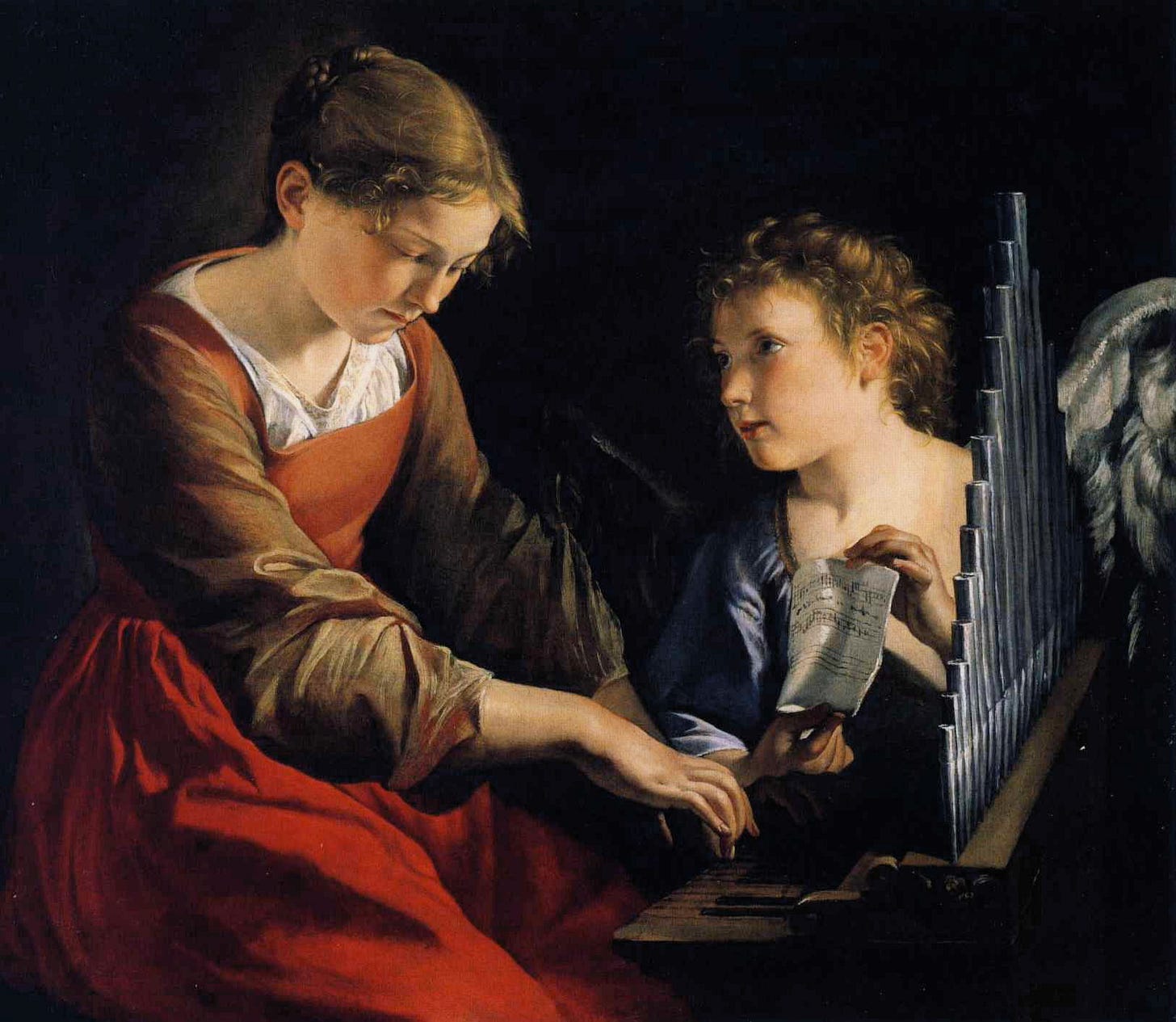Today’s Poem: A Song for St. Cecilia’s Day
The trumpet shall be heard on high / . . . And music shall untune the sky.

Keep reading with a 7-day free trial
Subscribe to Poems Ancient and Modern to keep reading this post and get 7 days of free access to the full post archives.



